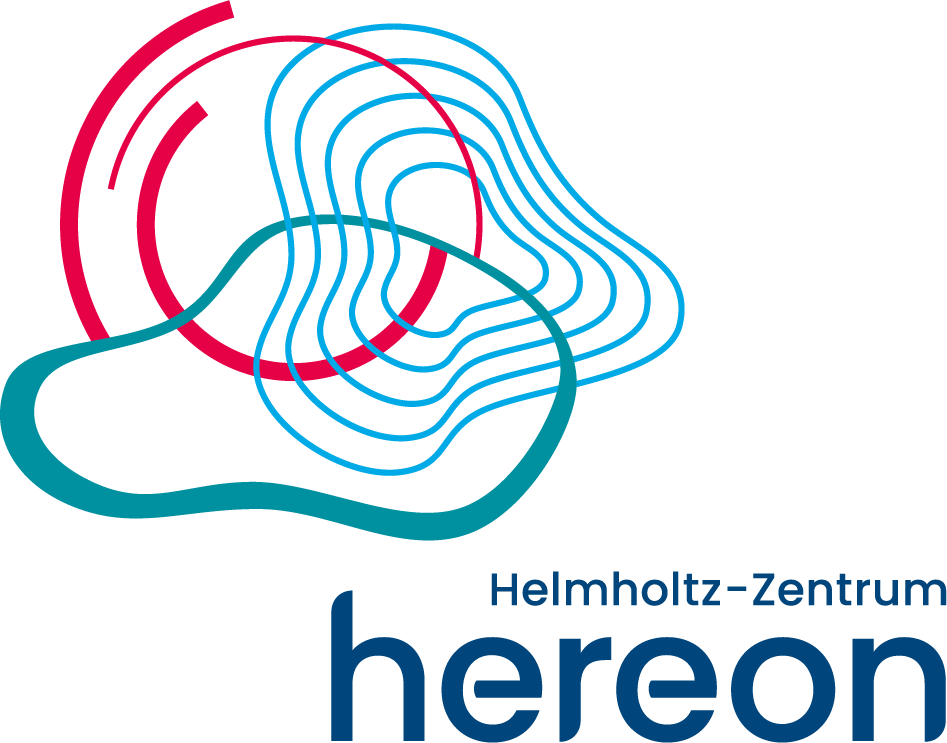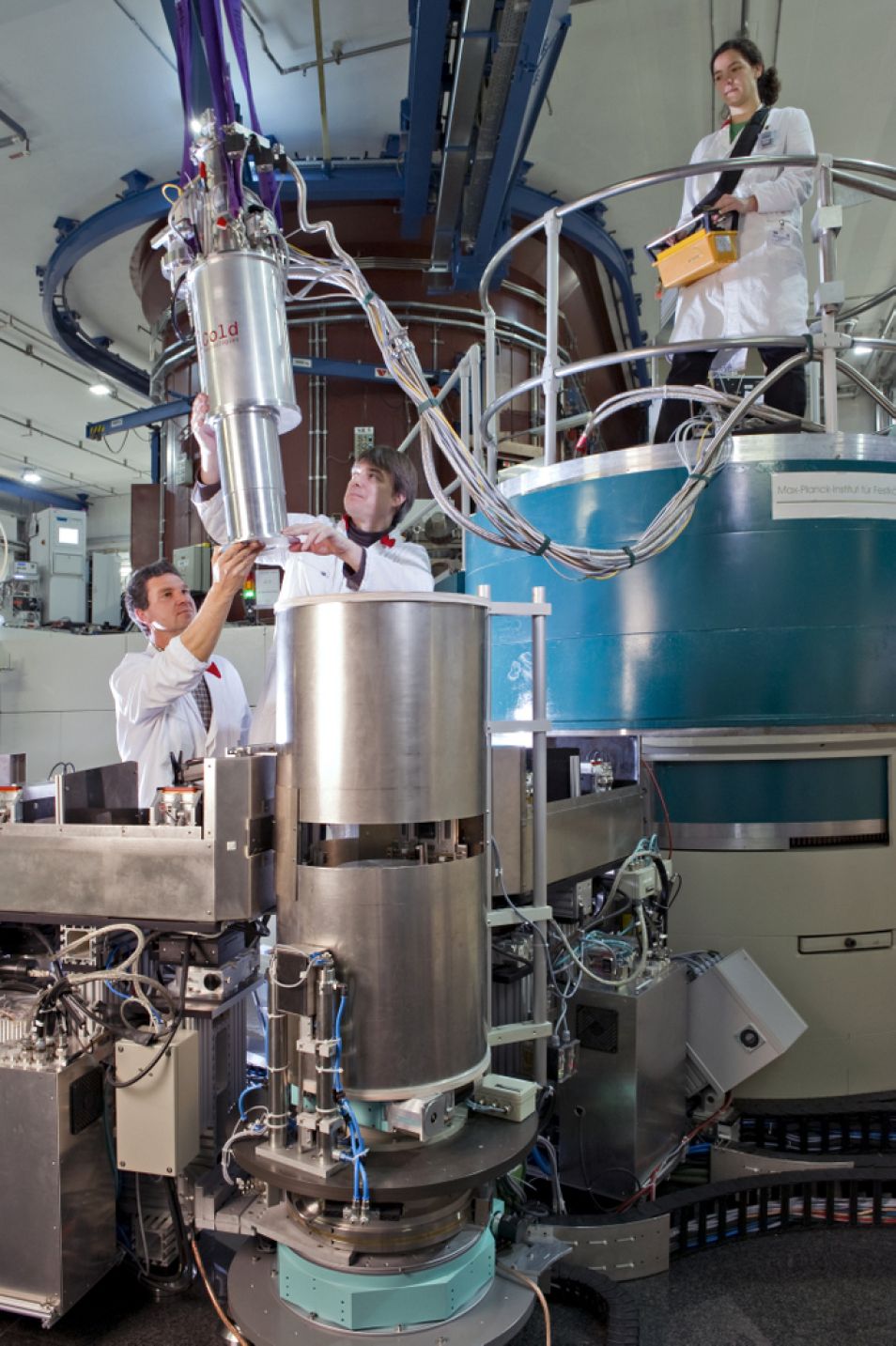MLZ is a cooperation between:
 > Technische Universität München
> Technische Universität München > Helmholtz-Zentrum Hereon
> Helmholtz-Zentrum Hereon
 > Forschungszentrum Jülich
> Forschungszentrum Jülich
MLZ is a member of:
 > LENS
> LENS > ERF-AISBL
> ERF-AISBL
MLZ on social media:

MLZ (eng)
Lichtenbergstr.1
85748 Garching
Grand Challenges
Addressing grand challenges using neutron research
The issues energy, climate and others are of paramount importance. Research and development is of great importance in order to improve the quality of life and to shape a sustainable future.
Neutron research performed by national and international scientists can help understand the properties of matter, improve and develop functional materials and thereby supply prospects of solving grand challenge problems. At the MLZ the following grand challenges were defined:
- Energy
- Information Technology
- Life Science & Health
- Nano Science & Engineering
- Environment & Cultural Heritage
Science groups ensure an optimal support for our external users
Innovative research projects at the MLZ ensure an optimal support for our external users by competent scientists as local contacts. At the MLZ they are organized in science groups to promote collaborations on site and with surrounding institutes. They represent the science fields relevant for the MLZ.
Science & Funding
Every year, more than 1,000 national and international scientists deal with most diverse scientific questions related to the grand challenges. A great number of those scientific and methodical projects carried out within the scientific cooperation at the MLZ, are funded by the European Commission or German institutions, such as the German Research Foundation (DFG), Federal Ministry of Research, Technology and Space (BMFTR, formerly BMBF) and others.
Leading role in the field of neutron research
The leading position of the MLZ in the field of neutron research is also reflected by an increasing number of publications during the last years. The number of publications in renowned journals has been doubled in the last 5 years from about 100 in 2007 to more than 200 in 2010 as well as in 2011.
In order to discuss all the exciting research performed at the MLZ and at other neutron large-scale facilities the MLZ organises also various conferences and workshops, thus promoting a stimulating environment for exchange and the generation of new ideas and innovations within the community.

Dr. Thomas Keller, instrument scientist responsible for TRISP, Prof. Dr. Christian Pfleiderer and Dipl. Ing. Kathrin Buchner (from left to right) with a Cryostat at the three axes spectrometer TRISP at the research neutron source Heinz Maier-Leibnitz (FRM II) of the Technische Universitaet Muenchen (Picture: Eckert / Heddergott, TUM)
MLZ is a cooperation between:
 > Technische Universität München
> Technische Universität München > Helmholtz-Zentrum Hereon
> Helmholtz-Zentrum Hereon
 > Forschungszentrum Jülich
> Forschungszentrum Jülich
MLZ is a member of:
 > LENS
> LENS > ERF-AISBL
> ERF-AISBL
MLZ on social media:


